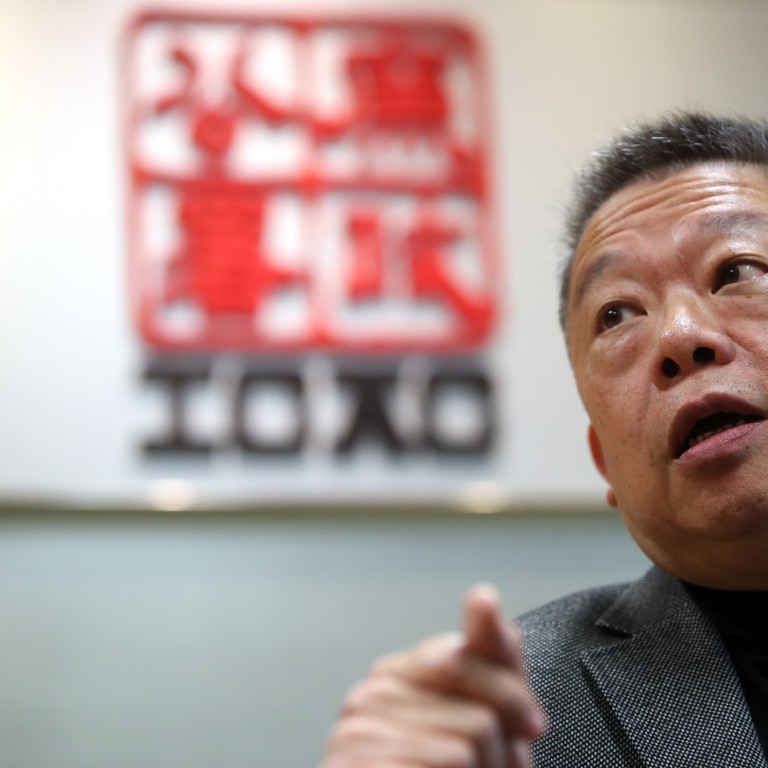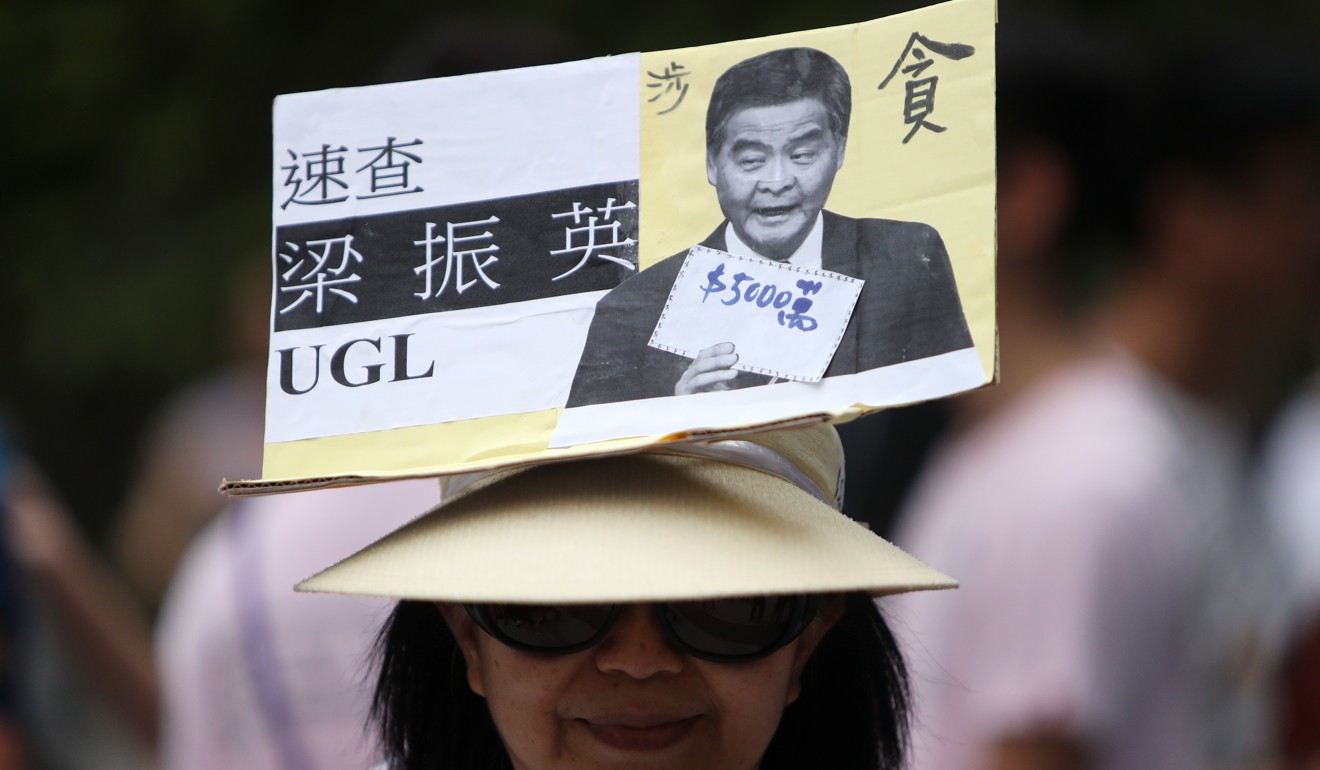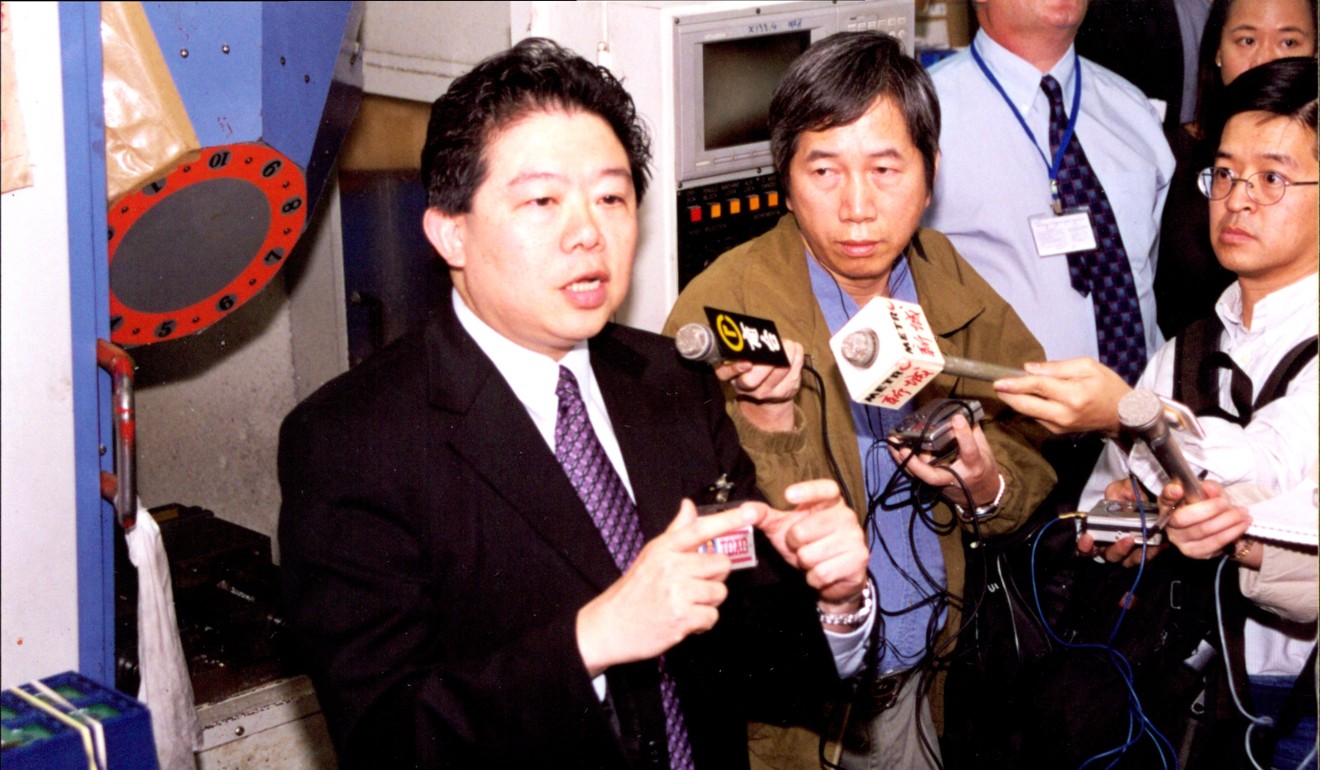
Outgoing ICAC investigation chief’s message: evidence is everything, and who you are won’t save you
- After 35 years fighting crime, Ricky Chu is stepping down from the Independent Commission Against Corruption
- In his final interview before leaving, the veteran investigator hints at why former chief executive Leung Chun-ying wasn’t charged
Following the evidence is the sole consideration in any case and the social status of a suspect does not play a part in deciding if charges should be brought, the departing investigation chief of Hong Kong’s anti-corruption watchdog has said.
Officials have previously been criticised for not getting an outside opinion before dropping their inquiry into a case involving the city’s former chief executive Leung Chun-ying, who was paid a total of HK$50 million (US$6.4 million) by Australian engineering firm UGL, before and after he became the city’s leader. Leung received the money as part of the acquisition of his firm DTZ by UGL in 2011.

“We only look at one thing, the evidence,” Chu said in an interview marking the end of his 35 years of service, while stressing that he was not talking about any specific case.
“You can’t force something out of nothing. If evidence was insufficient in one case, even asking another lawyer for advice would not change the decision [not to prosecute].”
He said while the justice department had the power to choose whether to seek an outside opinion, this step was only procedural and was unlikely to have any affect on the outcome.
“[External legal advice] is not the crux of the case,” he said.
Following a four-year investigation, the Department of Justice said last December it had decided not to prosecute Leung. However, the move was criticised after it emerged prosecutors had not followed standard practice and did not get outside advice.
Hong Kong’s anti-corruption agency finally appoints a new No 2 in Ricky Yau
Chu did offer a hint as to why prosecutors decided the city’s former leader had no case to answer, pointing to Section 9 of the bribery law.
The most relevant passage in the section refers to accepting advantages in relation to company business, with it not necessarily being illegal if permitted by the employer.
In Leung’s case the justice department said evidence suggested DTZ, of which Leung was a director, knew about his agreement with UGL, and he had acted in his company’s interest.
Chu said throughout more than three decades with the watchdog, he never felt investigators and prosecutors had conflicting views over whether to charge someone.
“We do debate with prosecutors, but that doesn’t mean we don’t agree with each other,” said Chu, who is being succeeded by his assistant director, Ken Ho King-yeung.

It is the second time that Chu, who has been involved in a number of high-profile cases, has retired.
Chu left the commission in 2010 to become the secretary general of police watchdog, the Independent Police Complaints Council.
The unscrupulous recruiters charging builders HK$500 a day to get them a job
In his interview, Chu said he was personally invited back by ICAC commissioner Simon Peh Yun-lu to pacify frontline staff.
“I never asked in what position I should serve, and the discussion only took several minutes in an urgent meeting,” Chu said. “The motivation was to show that even an old man like me, having left the commission so long ago, would still have the passion to help out.”
Asked why his initial 18-month stay eventually turned into three years, he said there had been a misunderstanding about how long he could continue working.
“The retirement age for my post was raised from 60 to 65,” Chu said. “None of us realised when I signed the first contract in 2016 that I could work for longer.
“I am more than 100 per cent satisfied with what I have decided, I’m proud to say I’ve made all the right decisions over the past three years.”

